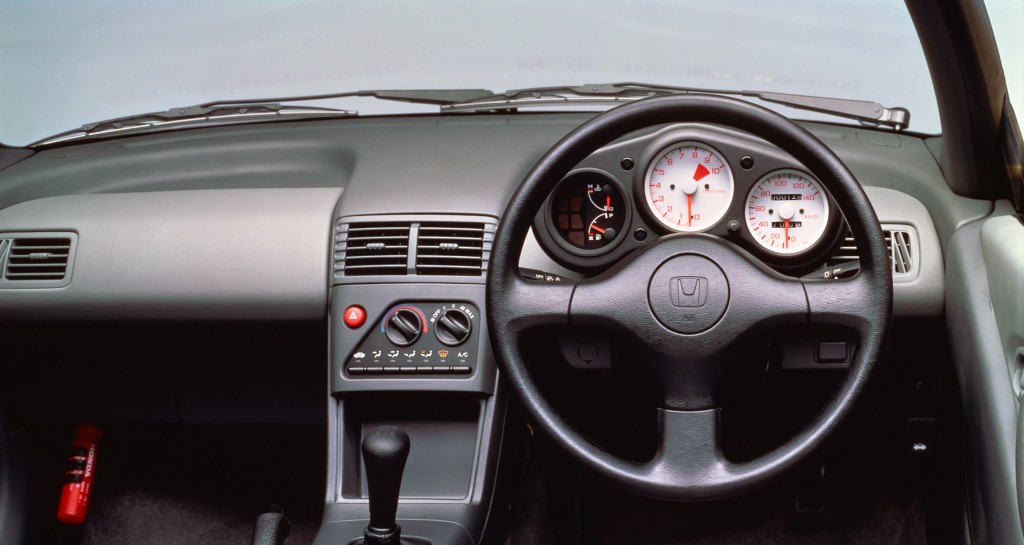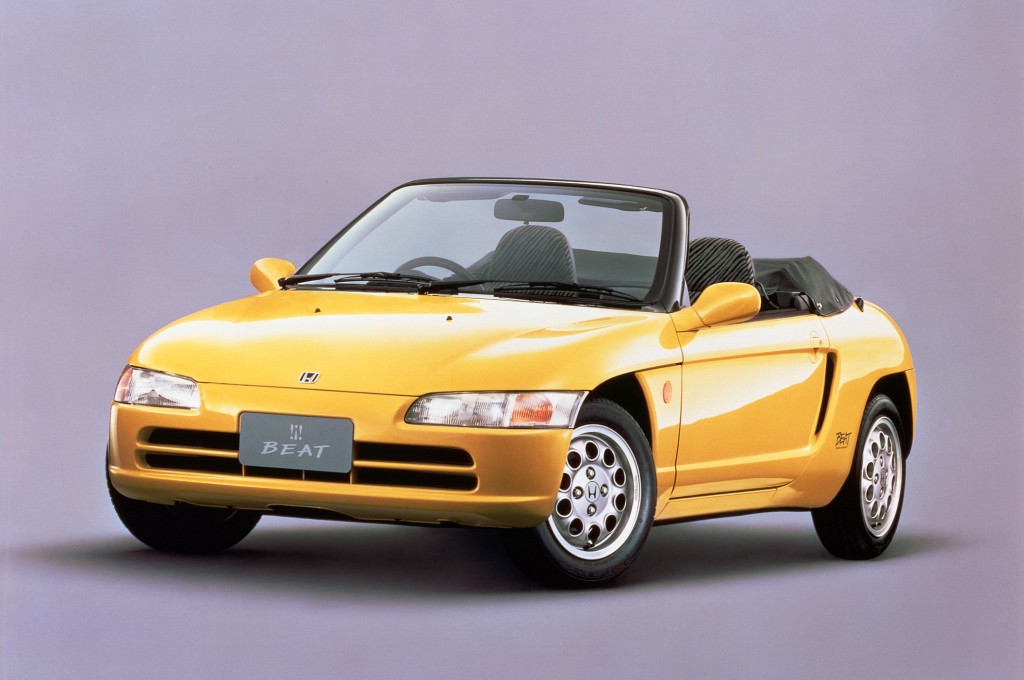The recent decision by the Massachusetts Registry of Motor Vehicles to ban kei cars from registration has sparked outrage among car enthusiasts. This tiny and efficient class of vehicles, popular in Japan, has been a beloved choice for many Americans seeking fuel-efficient and affordable transportation.
However, the RMV’s decision, based on a recommendation from the American Association of Motor Vehicle Administrators, has raised concerns about the safety and legality of these vehicles.
While the AAMVA claims that kei cars are unsafe for road use in the United States, many owners and enthusiasts argue that these vehicles have a proven safety record in Japan and other countries.

They point to the fact that kei cars are designed to meet strict safety standards and are often equipped with advanced safety features. Furthermore, many kei car owners have driven their vehicles for years without incident. The RMV’s decision has also raised questions about the fairness and transparency of the regulatory process.
Some argue that the AAMVA’s recommendation was based on limited information and that the RMV did not adequately consider the interests of kei car owners before making its decision.
The ban on kei cars has had significant consequences for owners who have invested in these vehicles. Many have faced financial losses due to the inability to sell or register their cars. Additionally, the ban has limited the options available to consumers who are looking for fuel-efficient and affordable transportation.
While there’s no concrete evidence to support these claims, the timing and nature of the events surrounding the kei car ban raise significant red flags. One possible explanation for the ban could be a desire to promote the sale of larger, more expensive vehicles. The American automotive industry has a vested interest in discouraging the purchase of affordable, fuel efficient alternatives like kei cars.
By limiting the availability of these vehicles, manufacturers can potentially drive consumers towards larger, more profitable options. This could have a negative impact on the automotive market, as it could limit consumer choice and reduce competition.
The response from kei car enthusiasts to the ban demonstrates the power of grassroots activism. Despite being a relatively small community, they have managed to raise awareness of the issue and advocate for their rights. Their efforts have highlighted the importance of consumer choice and the need for transparency and accountability from government agencies.

Furthermore, the kei car ban has exposed the potential for regulatory overreach. The decision to ban a class of vehicles based on a single safety report, without considering the actual safety record of these vehicles, raises concerns about the effectiveness and fairness of the regulatory process.
The kei car ban has also had a significant impact on the lives of kei car owners. Many of these individuals rely on their kei cars for daily transportation, and the ban has forced them to incur additional costs or find alternative transportation options. The kei car ban is a complex issue with far reaching implications. It has raised questions about regulatory transparency, industry influence, and consumer rights.
The response from kei car enthusiasts has demonstrated the power of grassroots activism and the importance of holding government agencies accountable. As the debate over kei cars continues, it is essential that policymakers and regulators carefully consider the potential consequences of their actions and prioritize the needs of consumers.

